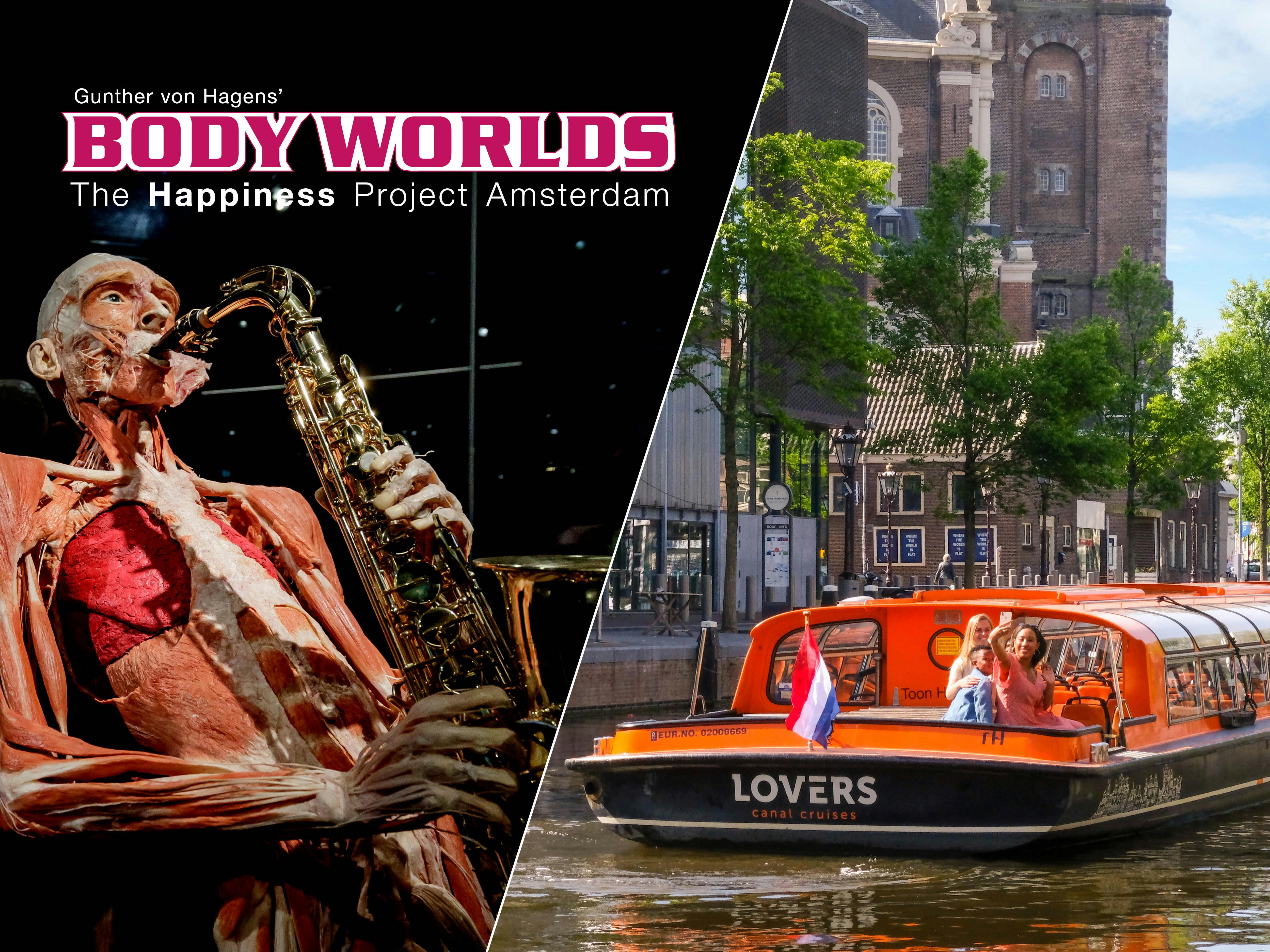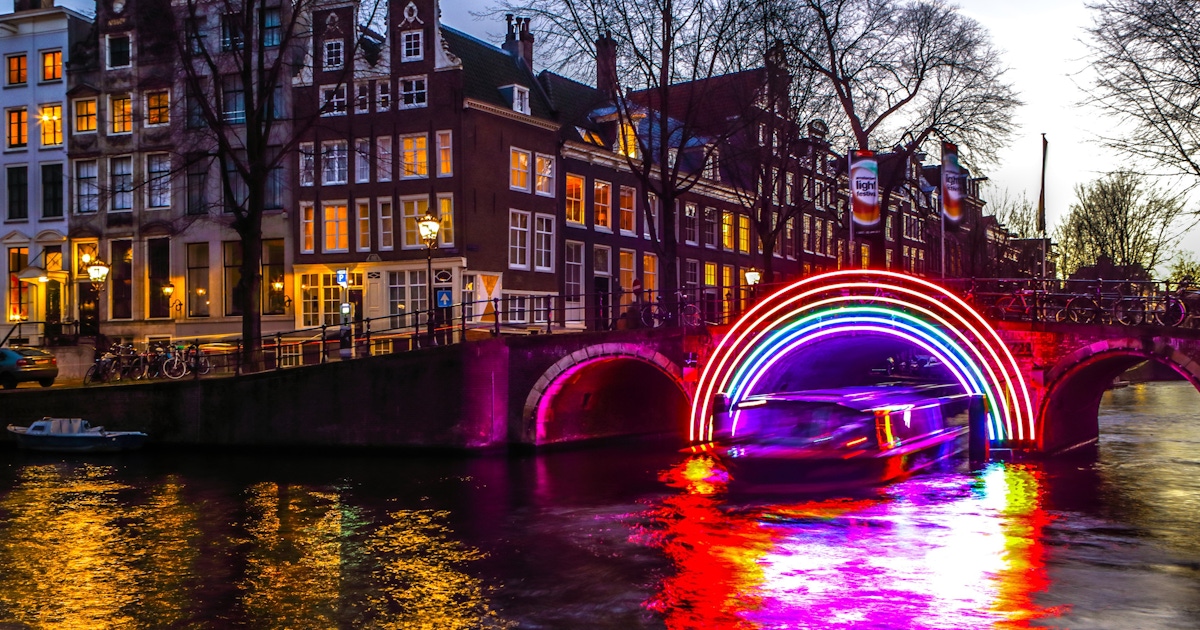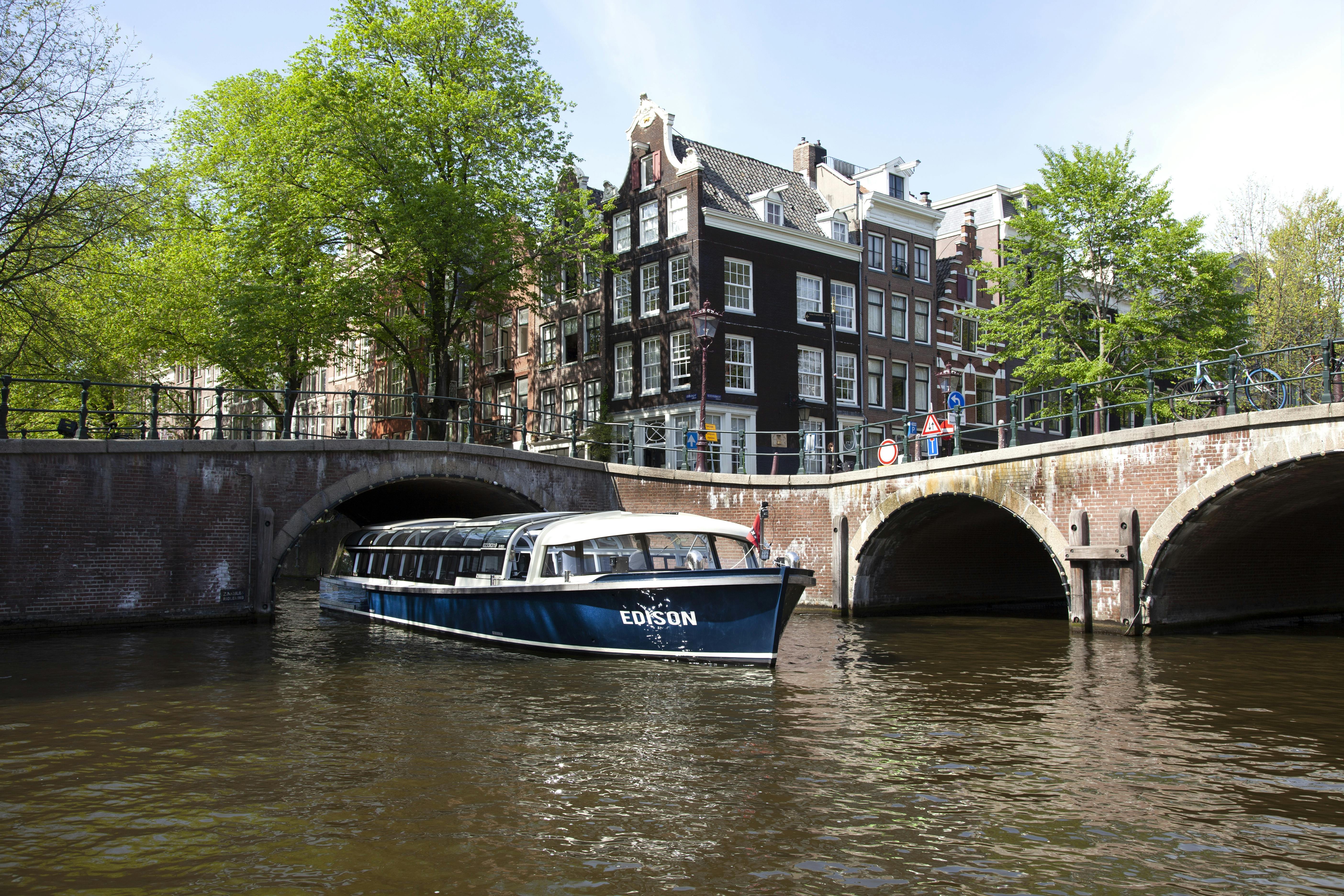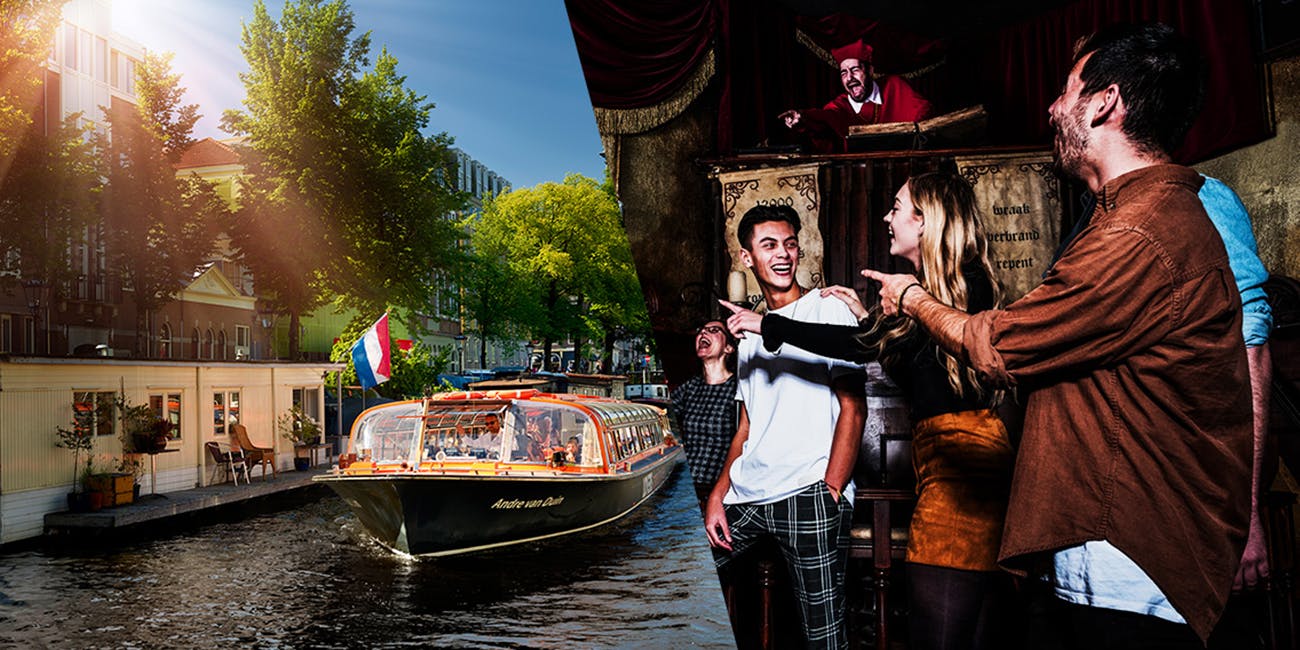Understanding Amsterdam’s Culture and Etiquette
Amsterdam is a city steeped in history and characterized by its unique blend of cultures. The rich heritage of the city is evident in its iconic architecture, world-renowned museums, and vibrant neighborhoods. When visiting Amsterdam, it is essential to be aware of the local customs to enhance your travel experience and show respect for the people and their traditions.
Politeness is paramount in Dutch culture. It is common practice to greet locals with a simple “hallo” or “goedemorgen,” and being courteous will help foster a positive interaction. The Dutch value directness; however, it is crucial to maintain a respectful tone during conversations. Understanding the balance between openness and politeness can make your interactions more enjoyable.
Another significant aspect of Amsterdam’s culture is its progressive attitude toward social issues. The city is known for its inclusivity and acceptance, which is reflected in its policies and public life. Travelers will find that many cultural events celebrate diversity and promote social cohesion. Participating in such events can provide valuable insights into the values that shape Amsterdam.
Visitors should also take time to appreciate the unique cultural landmarks that highlight Amsterdam’s rich history. The Anne Frank House, Rijksmuseum, and Van Gogh Museum are essential stops for those eager to learn more about the artistic and historical significance of the city. Exploring these sites not only enriches your experience but also deepens your understanding of the social fabric that defines Amsterdam.
To sum up, immersing yourself in the culture of Amsterdam involves being mindful of local customs, practicing politeness, and engaging with the city’s progressive values. By doing so, travelers can experience the true essence of what makes this city a remarkable destination.
Navigating Amsterdam: Transportation Tips
Amsterdam is renowned for its efficient and diverse transportation system, making it relatively easy for visitors to get around the city. The primary modes of public transport include trams, buses, and metros. The GVB Gemeente Vervoerbedrijf operates these services and offers a range of tickets that can be purchased at vending machines or online. Travelers can opt for single journey tickets, day passes, or multi-day passes, depending on the length of their stay and the extent of their travel needs. It is advisable to check which ticket option best suits their itinerary to maximize convenience and cost-effectiveness.
Cycling is perhaps the most popular means of transportation in Amsterdam. With an extensive network of bike lanes, the city embraces cycling as a primary way to navigate its streets. Visitors can easily rent bicycles from numerous rental shops throughout the city. However, it is essential to be mindful of the local cycling rules and etiquette, such as using designated bike lanes, signaling turns, and being aware of surrounding cyclists and pedestrians. Helmets are not legally required for adults, but wearing one is still a prudent safety measure.
Additionally, Amsterdam’s scenic canals provide an opportunity for travelers to explore the city via boat tours. These tours allow passengers to view the city from a unique perspective, navigating through its historic waterways while learning about the landmarks and rich history. Walking tours are another excellent way to experience Amsterdam, especially in the city’s compact neighborhoods, where visitors can admire the architecture and immerse themselves in the local culture. Ultimately, understanding and utilizing the diverse transportation options available in Amsterdam can significantly enhance one’s travel experience by providing both convenience and unique insights into this vibrant city.
Local Laws and Regulations: What Travelers Should Be Aware Of
Traveling to Amsterdam offers a unique experience, but it is essential to be aware of local laws and regulations to ensure a smooth visit. Amsterdam is known for its liberal views, particularly regarding personal freedoms; however, there are specific legal stipulations that must be respected. Smoking laws, for instance, are quite strict in public places. While smoking tobacco is permitted in designated areas, the consumption of cannabis is tolerated in licensed coffee shops. It is crucial for travelers to refrain from smoking cannabis in public areas, including parks and streets, to avoid fines.
Alcohol consumption is another area regulated by local laws. The legal drinking age in the Netherlands is 18 years. Therefore, travelers under this age are not allowed to purchase alcohol in bars, restaurants, or stores. Moreover, drinking alcohol in public areas is generally prohibited unless explicitly allowed, such as during festivals or in certain designated zones. To respect local customs, visitors should observe the behaviors of locals regarding alcohol consumption and follow suit to avoid legal repercussions.
Regarding recreational substances, while Amsterdam is famous for its liberal approach, it is important to note that not all drugs are legal. Only cannabis is decriminalized under specific conditions; other illegal drugs can lead to severe penalties. When traveling, familiarize yourself with local laws on drug possession and usage, as local authorities are vigilant and proactive in enforcing these regulations. Additionally, visiting the local police or government websites can provide valuable insights into current laws and regulations.
To foster positive interactions and avoid misunderstandings, travelers should remain respectful of the laws in Amsterdam. Understanding and adhering to local laws not only ensures a more enjoyable trip but also reflects well on visitors and their countries of origin.
Must-Visit Attractions and Hidden Gems
Amsterdam, the capital of the Netherlands, is renowned for its rich cultural heritage and vibrant atmosphere. Among the most iconic attractions is the Anne Frank House, where visitors gain insight into the life of Anne Frank during World War II. This poignant museum offers a reflection on the history of the Holocaust, and booking tickets in advance is highly recommended to avoid long waiting lines. Nearby, the Van Gogh Museum houses the largest collection of works by the famous artist, making it a must-visit for art enthusiasts. The Rijksmuseum, another pivotal attraction, showcases Dutch masterpieces, including works by Rembrandt and Vermeer.
Beyond these well-known sites, Amsterdam is brimming with hidden gems that deserve exploration. The charming neighborhood of Jordaan is a perfect example, featuring narrow streets, quaint canals, and a variety of local markets. The weekly Noordermarkt, held every Saturday, offers organic goods and vintage finds, providing an authentic experience of Dutch culture. Another delightful spot is the picturesque canal-side area of De 9 Straatjes, an ensemble of narrow streets filled with boutique shops and cafés, where one can appreciate the local craftsmanship.
To create a balanced itinerary, it is recommended to mix both popular attractions and these lesser-known gems. Early mornings or late afternoons are ideal times to visit major sites, as crowds tend to be smaller. For a truly local experience, consider visiting cafés such as Café Winkel 43, famous for its apple pie. Lastly, utilizing Amsterdam’s efficient public transport system can maximize time and facilitate easy access to various locations, enabling travelers to immerse themselves fully in the city’s unique charm and history.






